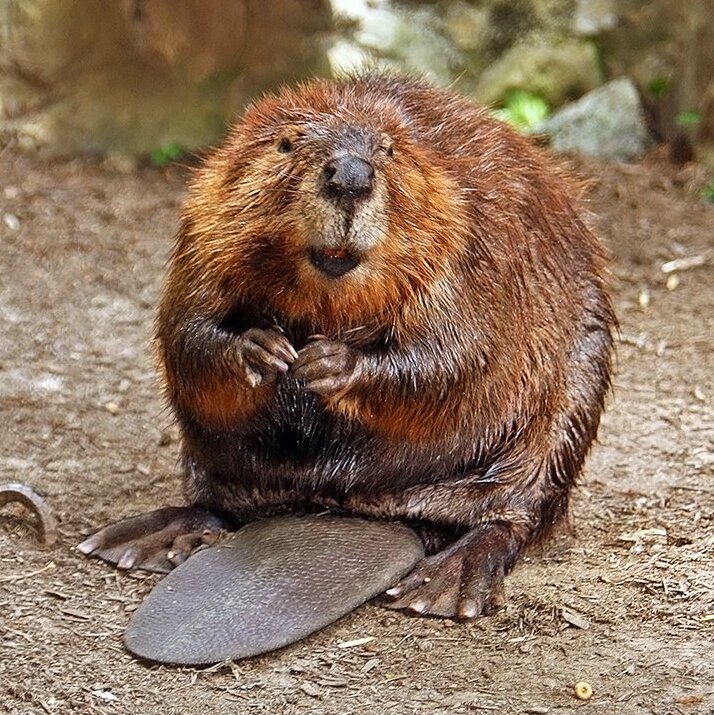You do NOT fuck with river. 😐

cue dark souls boss music
Akshully, the river does not cut down. The land rises up and the river stays in the same place. The land wanted to get high but the river just wants to chill. Geology metal AF for confirming that water beats rock, but not in the way any of us really expected.
Sauce?
https://youtu.be/0o19BMrPmhs?si=Snt0-cZNog6TMzwc
Buckle up buttercup we doin ROCKS
Thank you for the lecture, really informative. But it applies to canyons across mountain ranges.
I can see how that would apply to plains, as plains are usually places with active sediment deposition ( so the river whisks away new sediment around it while the rest keeps piling up).
But then, how to explain the sharp cuts we sometimes see that show layers in plains? If for some reason that particular pain isn’t very active, couldn’t a deep canyon form anyway if the soil is sedimentary, by stripping the top layer of it through the years?
The problem with rivers on plains is that they wander. Take a gander at the Mississippi River river valley sometime. Why hasn’t the mighty Mississippi carved a canyon yet? Because there has been no uplift to lock the river in place for long enough. The Colorado cut the grand canyon because the plains on which that river used to wander began to uplift. This started the cut. The faster the uplift, the faster the cut. Nick has another one on the hells canyon geology that showcases this really well. Hells canyon is deeper than the grand canyon while being only half the age.
https://youtu.be/wxg6124BpZw?si=AVQcuTjyhgkkzYpB
The other part you’re talking about is massive erosion, and frankly the vast majority of rivers just don’t have the energy to do that. You’d need APOCALYPTIC amounts of water to carve canyons like that. That kind of canyon is called a coulee, and was formed during the last ice age floods. Nick does a LOT of ice age flood stuff too. He does a whole breakdown of how rivers have moved and interacted through the geological changes in the PNW over the last very very long goddamn time.
https://youtu.be/0IjLO9ABKYU?si=FG0mj7xj3YxNIDzN
Fascinating that the riverbeds of the past can be the mountaintops of today.
Thanks a lot for the links! I’m still going through them. He has a great teaching style. I’m trying to find why in some cases canyons form and in others waterfalls. Of course you can have both, but it’s more common to have a waterfall sans canyon.
Buddy has been my go to sleep aid for years. After long enough, some of it starts to stick.
Hardly believable.
The cool thing about science is that it doesn’t need your belief to work. It’s built on evidence instead of faith.
I didn’t meant I doubt the facts. Just it’s hard believe.


